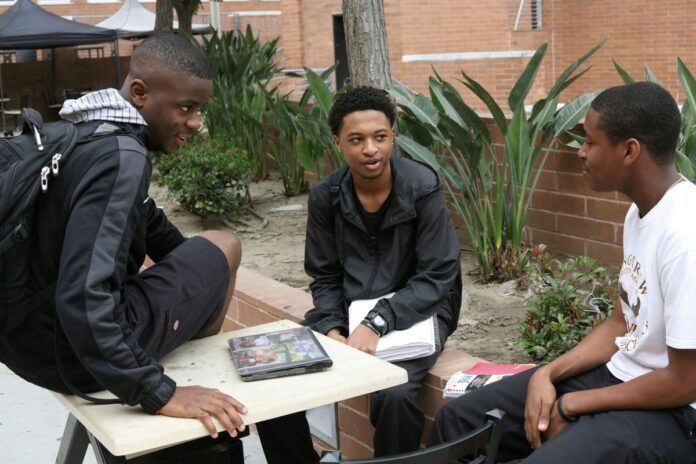Recent research from the University of Georgia sheds light on a deeply concerning trend: young Black men are grappling with alarming rates of suicide, yet the discourse around this issue remains largely silent. The study, conducted by scholars from UGA’s Human Development and Family Science Department, underscores the urgent need to address the root causes driving these distressing statistics.
The Disturbing Trends
Suicide stands as the second leading cause of death for African Americans aged 15 to 24, with Black men bearing a disproportionately higher risk compared to Black women. This crisis is exacerbated among rural Black communities, where one in three young Black men report experiencing suicidal ideation or thoughts of death within a mere two-week period. The statistics paint a stark reality: an urgent need exists to unpack the underlying factors contributing to this crisis.
Exploring Underlying Causes
The study delves into the complex interplay of childhood adversity, racial discrimination, and their profound impact on the mental health of young Black men. Growing up in environments characterized by economic hardship and trauma, compounded by experiences of racism during young adulthood, creates a profound sense of mistrust and isolation. These individuals often struggle to cultivate healthy relationships, further exacerbating feelings of loneliness and hopelessness.
The Role of Childhood Trauma and Racism
Participants in the study were asked to reflect on their childhood experiences, including exposure to trauma and deprivation, as well as their encounters with racial discrimination during young adulthood. These adverse experiences not only shape their worldview but also erode their sense of self-worth and trust in others. The study reveals a distressing reality: even those who report positive childhood experiences are not immune to the detrimental effects of racial discrimination on their mental well-being.
The Impact of Economic Disparities
Young Black men, particularly those in rural areas, are disproportionately affected by poverty and lack of resources. These socioeconomic disparities further compound their susceptibility to childhood trauma and racial discrimination, exacerbating the risk of suicidal ideation and mental health challenges.
The Crucial Role of Relationships
Central to combating suicidal thoughts is the presence of strong, supportive relationships. Yet, for many young Black men, the pervasive sense of isolation and lack of community amplifies feelings of despair. Cultivating healthy relationships, therefore, emerges as a critical protective factor against suicide.
Empowering Parents and Communities
Parents play a pivotal role in helping their children navigate these challenges, emphasizing the importance of self-love and pride in one’s Black identity. Moreover, community support and interventions are essential in addressing the systemic factors contributing to the mental health crisis among young Black men.
Conclusion: The findings underscore the urgent need for comprehensive, culturally sensitive interventions to address the alarming rates of suicide among young Black men. By understanding the intersecting factors of childhood trauma, racial discrimination, and socioeconomic disparities, we can begin to pave the way for meaningful change and support for vulnerable communities.
















 The African Research (AR) Index is a comprehensive scholarly directory and database focused explicitly on journal publishers that publish and disseminate African research.
The African Research (AR) Index is a comprehensive scholarly directory and database focused explicitly on journal publishers that publish and disseminate African research.

